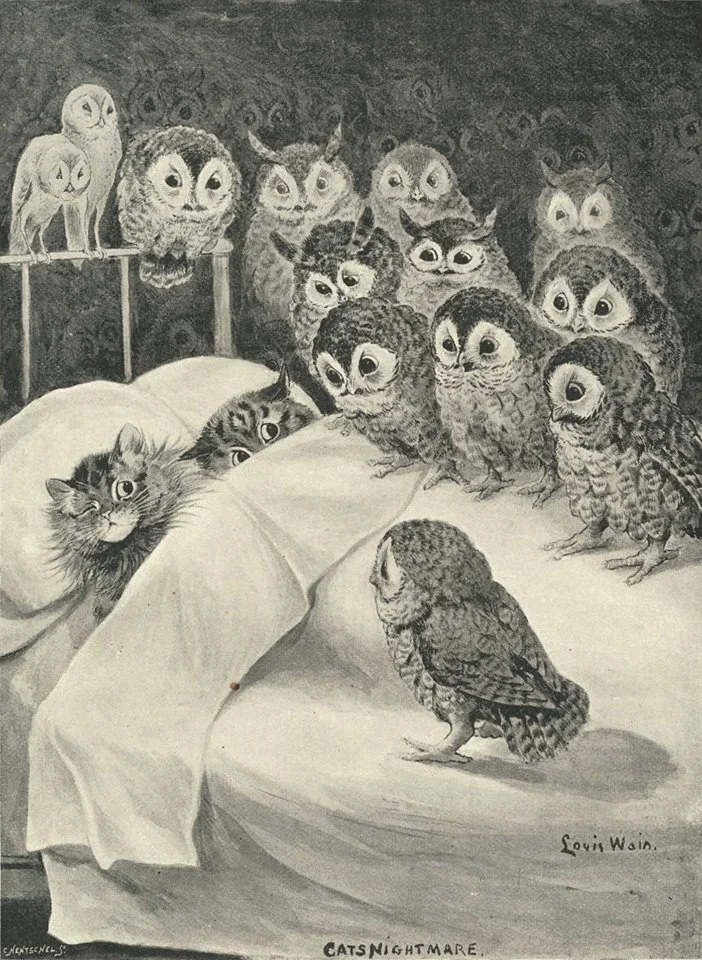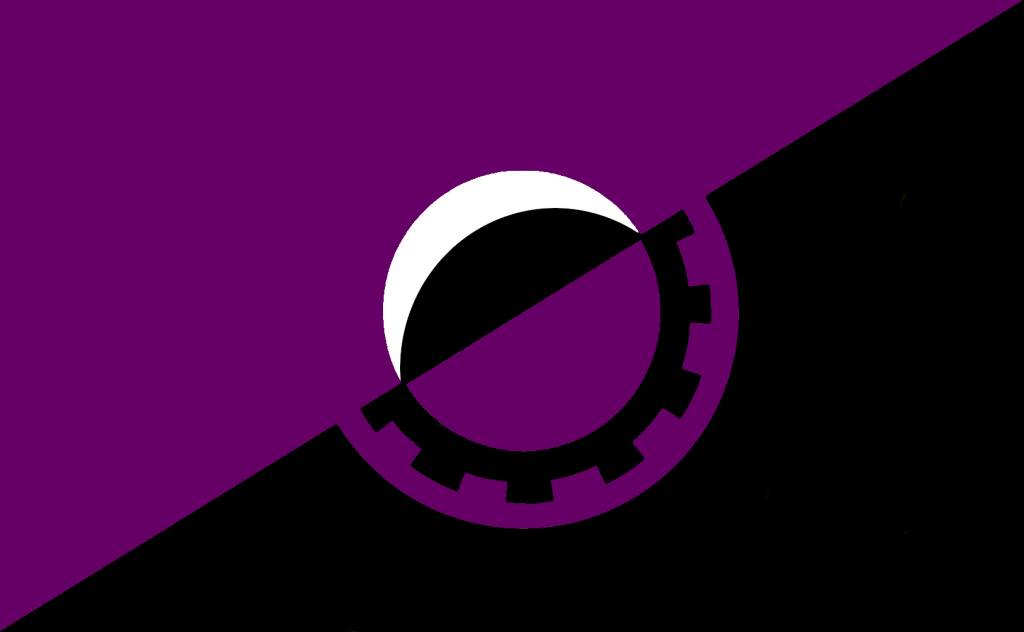People are typically called to magic in an attempt to reclaim power during particularly oppressive times. A surging interest in witchcraft is “always simultaneous to a downsurge in quality of life, an upsurge in right-wing persecution, and heightened scarcity,” said writer and witch Alice Tarbuck. “[Practicing] witchcraft can happen in the privacy of your own home and with very little. It can just be you, your thoughts, and your will. It is a way of feeling in control.”
It’s no surprise, then, that the history of witchcraft and the history of resistance and activism are deeply intertwined, especially in Black, brown, and Indigenous communities. Hoodoo, for example, was maintained by African slaves in the United States whose steadfast dedication to their spiritual practice served as an act of rebellion in the face of white supremacy and enforced Christianity.
The histories of Jamaican Obeah and Vodou, which is rooted in Haitian culture, are intrinsically linked to histories of protest. In Haiti, Vodou played a significant role in the slave rebellions that ultimately led to the country’s independence, while Nanny of the Maroons—a Jamaican revolutionary and renowned Obeah woman—led an uprising against British colonial forces in the 1700s. “Nanny of the Maroons defeated the British… using guerrilla warfare tactics, but she was also an Obeah woman,” said Emma Kathryn, a practitioner of witchcraft. “[Across the Caribbean,] there’s a history of magical practice being used as physical acts of resistance.”
The Yoruba divination system of Ifá is another spiritual practice renowned for its history of protest. This stems in part from its Òrìṣà entities, revered as protectors and warriors against violence—such as Ogun, the Òrìṣà of war and iron, who was called upon by Haitian revolutionaries during ritual ceremonies. Just as Hoodoo, Vodou, and Obeah are revered for facilitating survival over centuries, Ifá’s longevity is a powerful example of magical resistance. “The fact that we as a people have survived physically is its own magic,” said Janique Dennis-Prescott, an educator at the University of the West Indies, in an interview with The Repair Campaign. “The fact that we have Ifá in so many places where we have found ourselves. Magic.”


